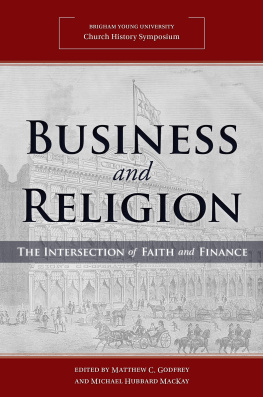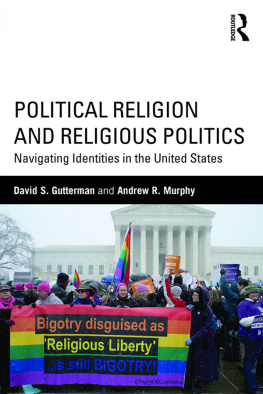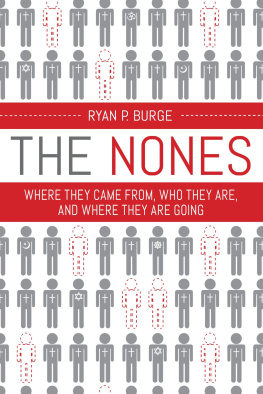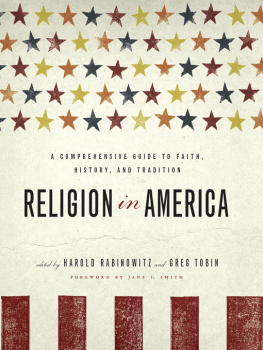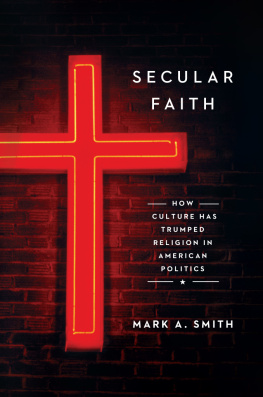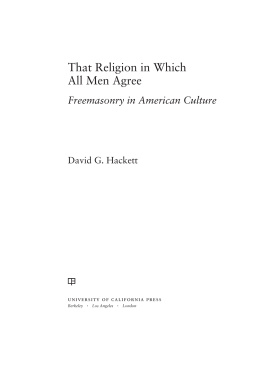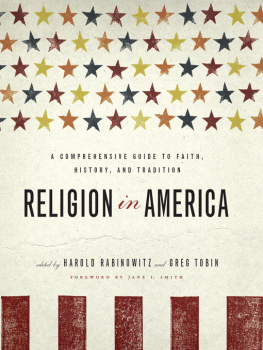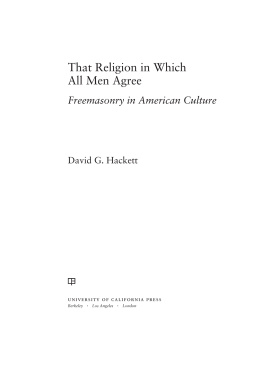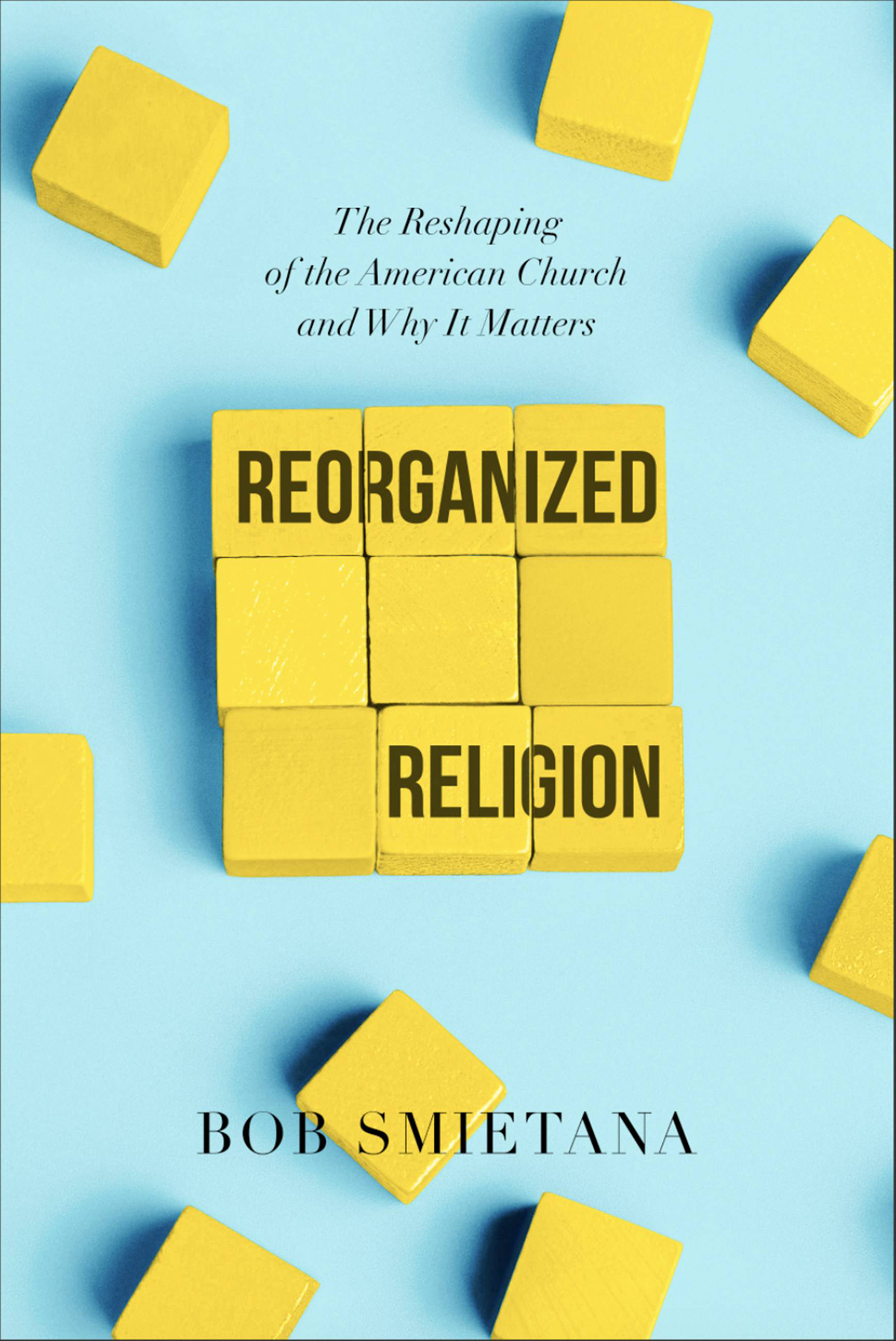
Copyright 2022 by Bob Smietana
Cover design by Kristen Andrews
Cover photograph by Shutterstock
Cover copyright 2022 by Hachette Book Group, Inc.
Hachette Book Group supports the right to free expression and the value of copyright. The purpose of copyright is to encourage writers and artists to produce the creative works that enrich our culture.
The scanning, uploading, and distribution of this book without permission is a theft of the authors intellectual property. If you would like permission to use material from the book (other than for review purposes), please contact permissions@hbgusa.com. Thank you for your support of the authors rights.
Worthy
Hachette Book Group
1290 Avenue of the Americas, New York, NY 10104
worthypublishing.com
twitter.com/worthypub
First edition: August 2022
Worthy is a division of Hachette Book Group, Inc. The Worthy name and logo are trademarks of Hachette Book Group, Inc.
The publisher is not responsible for websites (or their content) that are not owned by the publisher.
The Hachette Speakers Bureau provides a wide range of authors for speaking events. To find out more, go to www.hachettespeakersbureau.com or call (866) 376-6591.
Except where otherwise noted, Scripture quotations taken from the Holy Bible, New International Version NIV Copyright 1973, 1978, 1984, and 2011 by Biblica, Inc.TM Used by permission. All rights reserved worldwide.
Scripture quotations marked RSV are from the Revised Standard Version of the Bible, copyright 1946, 1952, and 1971 National Council of the Churches of Christ in the United States of America. Used by permission. All rights reserved worldwide.
Scriptures marked KJV are taken from the King James Version, public domain.
Library of Congress Cataloging-in-Publication Data
Names: Smietana, Bob, 1965 author.
Title: Reorganized religion : the reshaping of the American church and why it matters / Bob Smietana.
Description: First edition. | Nashville : Worthy, 2022. | Includes bibliographical references.
Identifiers: LCCN 2022009847 | ISBN 9781546001614 (hardcover) | ISBN 9781546001638 (ebook)
Subjects: LCSH: Church renewalUnited States. | ChristianityUnited StatesForecasting. | United StatesChurch history21st century.
Classification: LCC BR526 .S593 2022 | DDC 262.001/7dc23/eng/20220513
LC record available at https://lccn.loc.gov/2022009847
ISBNs: 9781546001614 (hardcover), 9781546001638 (ebook)
E3-20220715-JV-NF-ORI
For Kathy, the love of my life, our three amazing children, and the blessed memory of Heidi Hall
NOT LONG INTO MY CAREER as a journalist, a friend passed on a piece of advice: Its time to leave when you stop believing the lies they tell you.
My friend had left a prominent position at a well-known religious magazine several years earlier to start his own marketing and communications company dedicated to helping nonprofits. The decision baffled meat the time, I was new to the journalism business and wondering if Id make it long-term. Here was someone who had everything I wanted and left it all behind.
What he meant by that advice was that the magazine he worked for told a story about the work they did and why it matteredand when he started, he believed in that narrative, because it gave him work that had meaning and a community of friends where he belonged.
After some time, however, the story didnt match the reality he experienced. It wasnt that the people he worked with were dishonest or intentionally deceitful or that the story they were telling was some kind of con. The people he worked with were people of good faith and the best intentions. And the company he worked for still did good work.
But he no longer believed in their story. Or perhaps more precisely, he no longer had a place in that story.
It was time for him to go.
My friends advice came back to me in mid-September 2021, when I took a road trip to Nashville to see two of the best-known former Southern Baptists in America: beloved Bible teacher Beth Moore and ethicist Russell Moore.
The Mooreswho are not relatedhad both made spectacular departures from the nations largest Protestant denomination earlier in the year, not because they stopped believing the doctrine of the Southern Baptist Convention (SBC), a 13.7-million-member evangelical denomination, or because they lost faith in the message of Jesus. And not because theyd had bad experiences in their own local churches. Both, in fact, have testified to how much they loved the denomination they had grown up in and how their experiences in Baptist churches had shaped the course of their lives.
Church was my safe place, Beth Moore told a gathering of about two hundred people at Immanuel Church, a small nondenominational congregation that meets in a rented auditorium not far from downtown Nashville.
Shed grown up in a troubled home and found refuge and community in her local Baptist church.
That church gave her a sense that she was loved and safe and that God had a plan and calling on her life. She eventually rose from church member to aerobics instructorone whose every meeting included a devotionalto womens Bible teacher and eventually to best-selling author and personality.
Her Living Proof events for womennamed after her ministrycould pack stadiums.
The headline of a 2010 profile in Christianity Today magazine described her this way: Homespun, savvy, and with a relentless focus on Jesus, Beth Moore has become the most popular Bible teacher in America.
At the time Moore was at the height of her popularity, appealing to women and men from all kinds of churches. And her future seemed bright.
Theres no end to how far she can take her teaching, James Robison, a televangelist who hosted Moore once a week on his Life Today broadcast, told Christianity Today in 2010.
Few people, if any, however, realized at the time that a rival was making his way into the hearts and minds of the women and men who loved Beth Moore. Not by preaching the Bible or writing Christian books, but by starring in a prime-time television show. Six months after that profile ran, Donald Trump, then the star of The Apprentice, a long-running staple of prime-time television, began making noise about a serious run for president, during a speech at the Conservative Political Action Conference, known more commonly as CPAC.
Our country will be great again, Trump told the CPAC crowd in 2011, promising a return to Americas glory days if he were to run for president.
Trump decided against running in 2012. But he became a candidate in 2015 and by 2016 was the Republican nominee for US president, with his campaigns success fueled by the love and support of evangelical voters, many of whom likely had Beth Moore books on their shelves.
But about a month before the election, Trumps evangelical followers faced a test of faith, in the form of videotapes from Access Hollywood, featuring the business tycoon turned political and reality television icon boasting about groping, kissing, and sexually harassing women.
When you are a star, they let you do it, he said, then going on to describe the groping in lewd detail.
The release of those tapes did not prove to be fatal to Trumps presidential ambition. Those tapes, however, were a turning point for Beth Moore. After hearing those comments, she expected her fellow Southern Baptists, especially those in leadership roles, to denounce them. After all, she reasoned, many of the leaders she knew had been alive and well in the 1990s and had called for Bill Clintons resignation once news of his misconduct became public.


